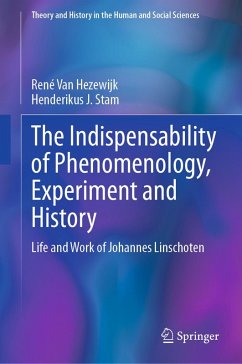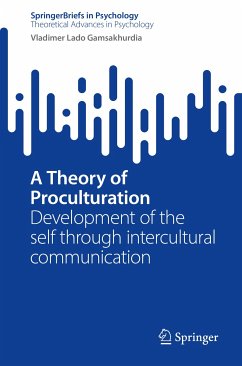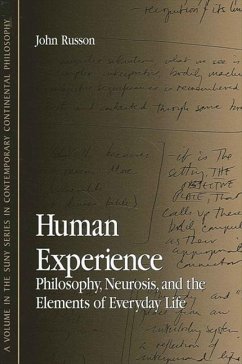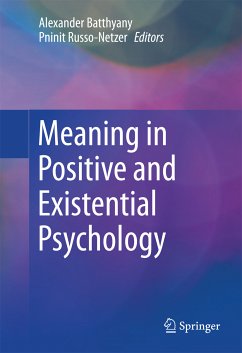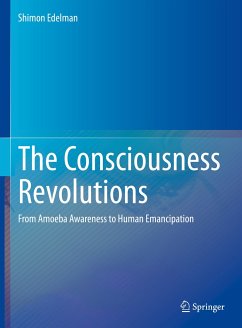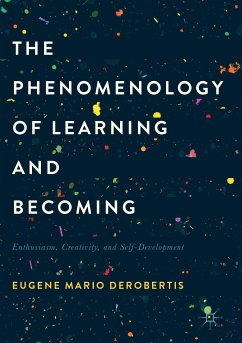
Markers of Psychosocial Maturation (eBook, PDF)
A Dialectically-Informed Approach
Versandkostenfrei!
Sofort per Download lieferbar
104,95 €
inkl. MwSt.
Weitere Ausgaben:

PAYBACK Punkte
52 °P sammeln!
This book advances an integrative approach to understanding the phenomenon of psychosocial maturation. Through a rigorous, dialectically-informed interpretation of psychoanalytic and humanistic-existential-phenomenological sources, Mufid James Hannush distils thirty essential markers of maturity. The dialectical approach is described as a process whereby lived, affect-and-value laden polar meanings are transformed, through deep insight, into complementary and integrative meta-meanings. The author demonstrates how responding to the call of maturation can be viewed as a life project that serves ...
This book advances an integrative approach to understanding the phenomenon of psychosocial maturation. Through a rigorous, dialectically-informed interpretation of psychoanalytic and humanistic-existential-phenomenological sources, Mufid James Hannush distils thirty essential markers of maturity. The dialectical approach is described as a process whereby lived, affect-and-value laden polar meanings are transformed, through deep insight, into complementary and integrative meta-meanings. The author demonstrates how responding to the call of maturation can be viewed as a life project that serves the ultimate purpose of living a balanced life. The book will appeal to students and scholars of human development, psychotherapy, social work, philosophy, and existential, humanistic, and phenomenological psychology.
Dieser Download kann aus rechtlichen Gründen nur mit Rechnungsadresse in A, B, BG, CY, CZ, D, DK, EW, E, FIN, F, GR, HR, H, IRL, I, LT, L, LR, M, NL, PL, P, R, S, SLO, SK ausgeliefert werden.



